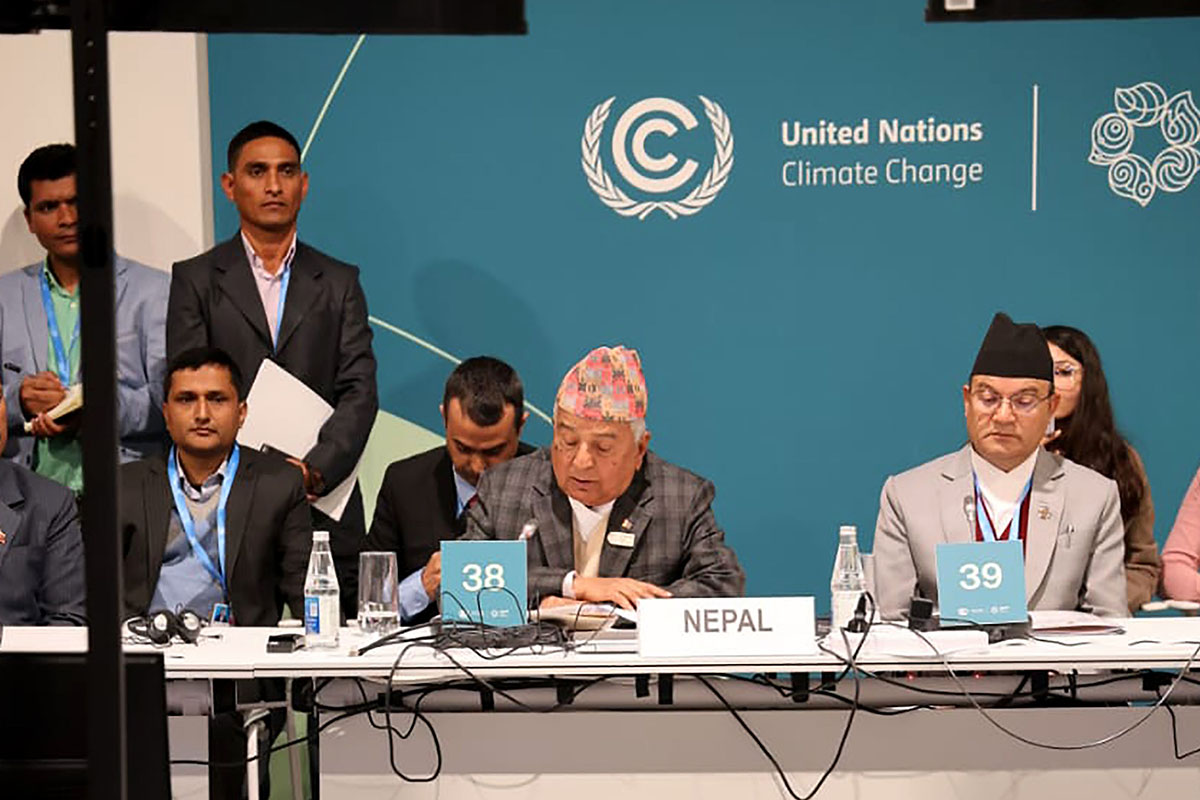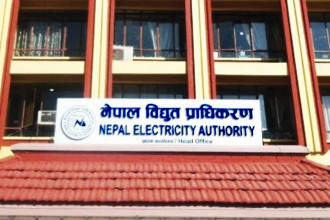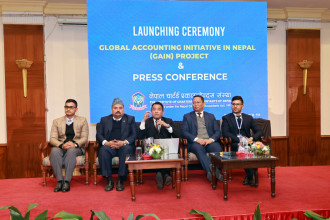
BAKU, AZERBAIJAN: President Ramchandra Paudel, currently in Baku, Azerbaijan, leading a high-level delegation at the 29th Conference of the Parties (COP29) to the UNFCCC, has emphasised that climate change is a shared challenge requiring collective understanding and cooperative efforts.
In his address to a special session on "Addressing Loss and Damage in Mountains," hosted by Nepal on the sidelines of the conference, President Paudel highlighted the importance of uniting nations affected by climate change. He expressed hope that such discussions would foster a better understanding of the issue and explore practical solutions.
The session was attended by Presidents from Kyrgyzstan, the Maldives, and Azerbaijan, as well as representatives from various countries, development partners, and the media.
President Paudel mentioned the devastating climate-induced disasters recently faced by Nepal. Three months ago, an outburst of a glacier lake near Mount Everest swept away Thame village. Over 500 people have lost their lives to climate-change-induced disasters in Nepal in the past three months, with physical losses amounting to billions of rupees.
He drew parallels with recent flooding and inundation in Spain and the hurricane in the Caribbean region last July, warning that such humanitarian crises could strike any nation at any time. He stressed the need for global solidarity to address these challenges.
The President called for integrated cooperation between mountainous and coastal nations, urging them to develop collective programmes to mitigate future climate impacts. He reiterated the need for developed countries, especially those with high carbon emissions, to provide additional support to nations most vulnerable to climate change.
President Paudel urged COP29 to prioritise the mobilisation of climate finance to address these pressing issues. He specifically called for the inclusion of damages and losses in the new collective quantified goals (NCQG) for climate finance management, recognising the multidimensional nature of climate impacts.
In closing, he recited a traditional Shanti (peace) prayer in Sanskrit, wishing for peace in the heavens, the sky, on earth, in the waters, in plants, and in trees—invoking peace everywhere. He thanked all participants for their efforts and reiterated the call for global cooperation in nature conservation.






